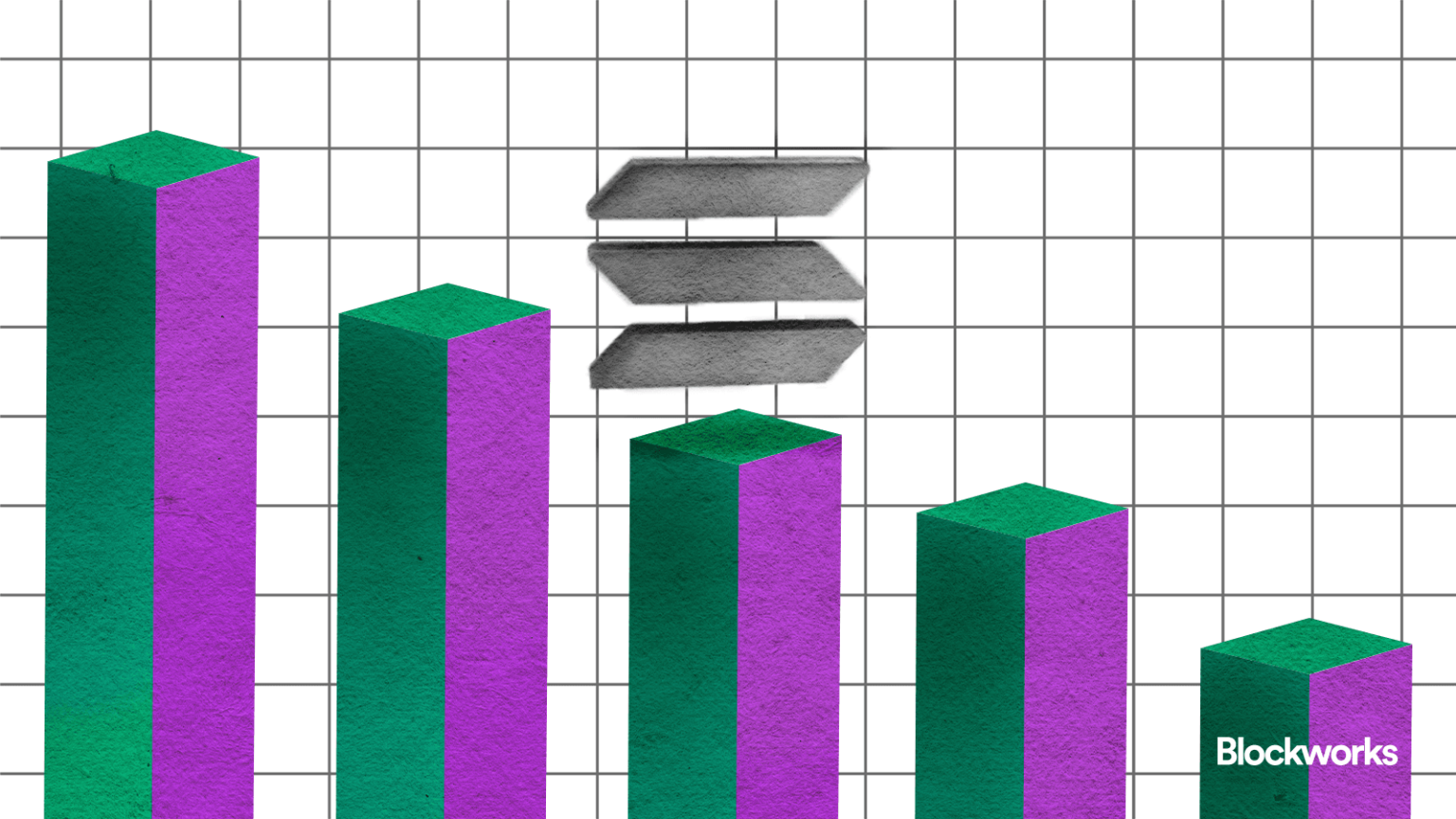Solana Validator Slowdown Concerns Spark Fears About Network Performance
Dispatches reader reports of unusually long transaction processing times as Solana Compass, an independent validator ranking and community-built platform operating since 2021, highlights concerning patterns among validators.
Solana Compass ranks validators based on key metrics including performance, reliability, and decentralization. According to the platform’s analysis, some validators appear to intentionally slow down their nodes to capture a higher volume of high-value transactions, effectively extending their transaction intake window.
This deliberate throttling could explain delayed transactions and blocked swaps. Notably, Solana Compass data indicates one recent epoch ran nearly an hour longer than the standard timeframe, resulting in extended waiting periods for all network users.
The network’s validator landscape, where over 33% of total stake is concentrated among the top 19 entities, means performance issues exhibit a cascading effect. As Solana’s network scale expands, sluggish validators pose a growing counterforce to overall speed gains.
Data from Solana Compass spotlighted sluggishly performing validators within Epoch 814, including major players Galaxy, Kiln1 and Kiln2, plus Chorus One alongside several anonymized nodes. These validators demonstrated significantly elevated average block times, frequently surpassing the 400ms target, with some registered block times exceeding 800ms.
In response to these findings and broader concerns about network alignment and fair reward distribution, Solana Compass announced on Friday plans to incorporate a 420ms performance threshold into its validator rankings. The scoring methodology now integrates comprehensive criteria: data center diversity, uptime, frequency of skipped votes, decentralization metrics, and even aspects of operational transparency such as website availability or documented security protocols.
Underpinning the Solana Compass data are aggregated statistics from multiple geographical sources smoothed over approximately ten days (five epochs). This approach aims to prevent short-term downturns or localized downtime from disproportionately affecting a validator’s long-term ranking, potentially discouraging gaming the system.
Amidst intensifying scrutiny over network efficiency, fostering public trust is increasingly recognized as paramount. The ledger confirms that performance isn’t solely a technical issue but a shared responsibility influencing broader network dynamics.
With diminishing marginal rewards for transaction validation, aligning stakeholder incentives with network health becomes critical. Tools like Solana Compass empower communities—providing crucial metrics—to strategically stake and hold validators accountable, thereby distinguishing trustworthy participants in an increasingly competitive ecosystem.












